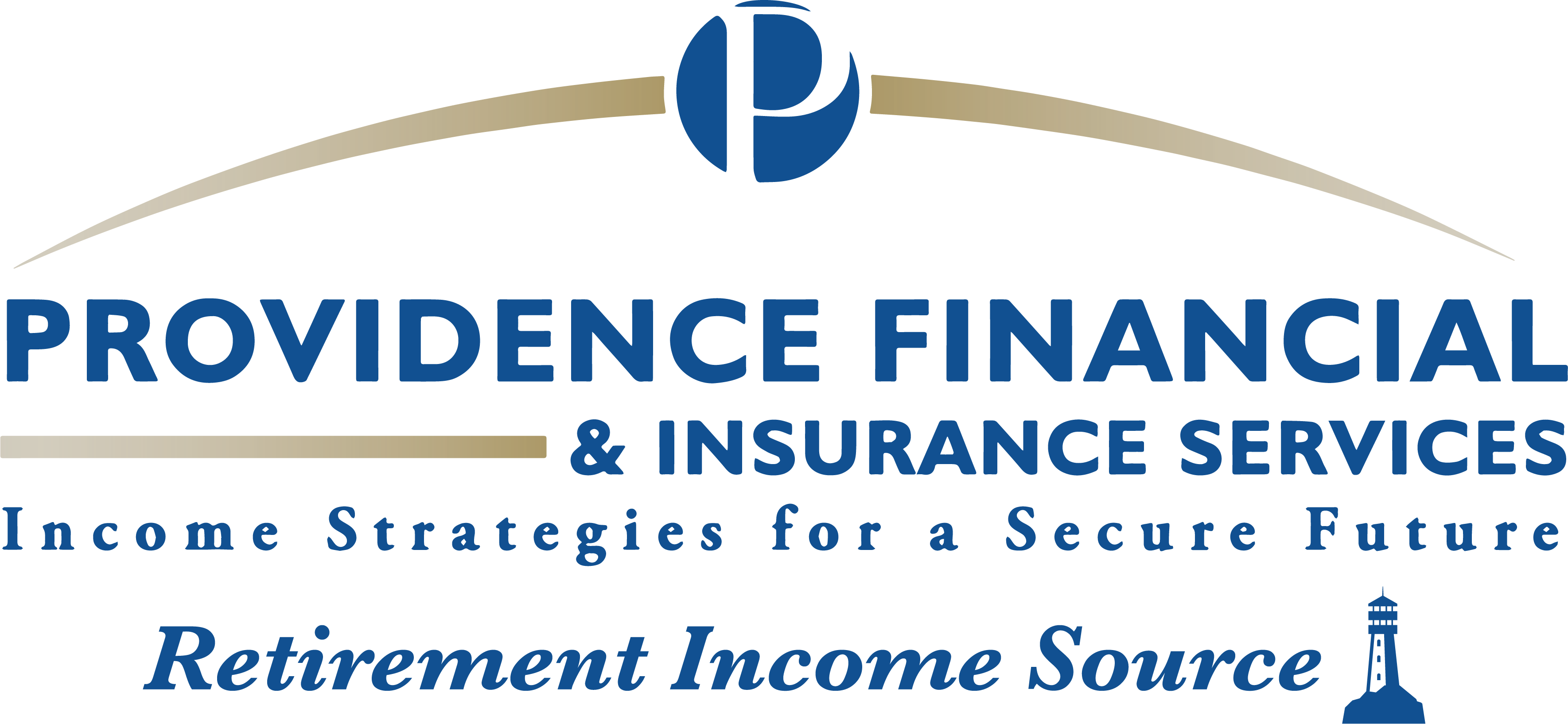Are You Making These Money-Wasting Mistakes in Retirement?
It’s all about income on today’s show: we’re going to talk about ways that you may be wasting money during retirement or may be leaving money on the table through unclaimed benefits you’re not taking advantage of or investment strategies you’re not aware of.
Some people have actually saved enough money where they can retire with as much income as they need; most of you may not be able to do that and may have to cut back on expenses a bit.
The income equation has two sides: offense and defense.
On the offensive side:
– are you investing properly and trying to maximize your income?
– where can you save money?
– can you get more money from Social Security or from your investments?
– do you have too much money sitting in the bank earning nothing?
On the defensive side:
– are you spending too much?
– should you downsize your home?
– do you have the wrong type of health care coverage?
– do you have major expenses with parents and children at the same time?
Listen in for more.
How to Find the Right Financial Advisor
If I blew out my knee, I certainly wouldn’t trust myself to fix it. I’m not a doctor, I’m a financial advisor. I’d try my hardest to find the best doctor who could diagnose and fix my knee.
When you’re younger, you can afford to make mistakes because you have more time to overcome them. When you’re older, you can’t afford to mess up anymore; you may have done a great job of growing your portfolio but, when you get to retirement, the strategy shifts.
So if you think you may benefit from the advice of a financial advisor after years of DIY, how can you find one? What should you look for in an advisor? What different types of advisors are there, and which one is appropriate for you?
Listen in to find out.
Are You Taking Too Much Investment Risk?
Are you taking too much risk within your investment portfolio depending on the stage of life you find yourself in?
In this week’s podcast, we talk about good risk and bad risk and the difference between left and right brain investing (sounds a bit woo-woo but stick with me). Good risk is the risk of volatility. Bad risk is the risk of loss and it usually occurs when you’re not diversified enough – not just within an asset class, but among different asset classes.
Listen in.
Life Insurance and Long Term Care
Is permanent life insurance a good investment?
Do I really need long term care and is it a good idea?
What can I do if I’m starting to invest for retirement late in life?
We’ll tackle these questions, plus a few more from your listeners, during this show. Listen in.
Strategies for Maximizing Your Social Security
Our mission for this show is to help you live a stress-free retirement; and few things create more stress and confusion for pre-retirees than Social Security. Since they don’t know whom to turn to for advice, they often make hasty decisions that cost them tens of thousands over their lifetime. When should you take Social Security and what is the best way to take it? We’ll give answers and strategies in the first part of this show.
In the second part, we’ll talk about the best ways to invest during your accumulation years, as you’re heading towards retirement, versus your retirement years. Finally, we’ll answer some listener questions about these topics. Listen in.
Mutual Funds and ETFs
If you’re retired, you may be wondering if mutual funds and ETFs are appropriate for you to invest in retirement. You may also wonder what the difference is between them (hint: there are more similarities than there are differences).
Mutual funds are actively managed by fund managers who make decisions about which assets to buy and sell within the fund. Investors buy shares directly from the fund company at the end-of-day net asset value.
ETFs are passively managed funds that typically track an index or a specific sector. They are traded on exchanges like stocks, and their prices fluctuate throughout the trading day. Investors buy and sell ETF shares on the open market.
In today’s podcast, we give a bird’s eye view of how mutual funds and ETFs work, along with the main advantages of each.
As usual, we’ll end the show by answering a few of your questions. Listen in.
